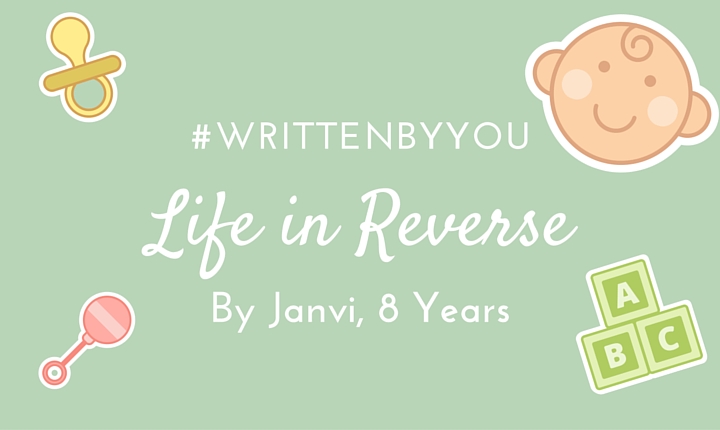Life… in Reverse
We love to publish contributions from our young readers. This was written by 8 year old Janvi, from Cardiff.
If there were to be a parallel universe I think there would be people who lived their lives, like us, only in reverse!
You would start off old with white hair, pains almost everywhere and maybe even glasses and/or a walking stick. You would live in a retirement home with lots of old people, like you. You would spend your time sitting in your favourite chair snuggled up with a quilt and would take medical pills daily. But one day when you would get up to have your daily walk you could get up much easier and you could walk around faster and more swiftly.
Tales From The Farm – Rosie’s New Lamb
Rosie wrote recently about her life on the farm, and said that there are times when she finds it difficult to live so far from friends. That is not the only challenge that life on a farm brings for children and teenagers.
Great Women You Should Know… Helen Sharman
Dr. Helen Sharman, the first British astronaut and at 27 the fifth youngest person to be launched into space on the 18th May 1991. Our contributor Annie May Gibbs had the opportunity to meet Dr Sharman and ask her some questions.
What Makes a Family?
What does the word ‘family’ mean to you? It can mean many things in our society. Some define family as a mother, a father and one or more children. For others, there don’t need to be children in the home for there to be a family. Where there are children, about three quarters of the parents will be married to each other.
In 2013 the Office of National Statistics, which is a government body which takes surveys on all manner of topics to help the government make policy (rules under which we all live), found that there were 18.2 million people living in this type of family. Many more of us have families which have a different make-up. For the purpose of the survey, a family is defined as people living in the same household.
However, as many of you will know, there are other ways in which we describe our family. There are children who have two parents of the same gender, there are children who have only one parent with whom they live, other children have guardians and live with aunts, uncles or grandparents.




